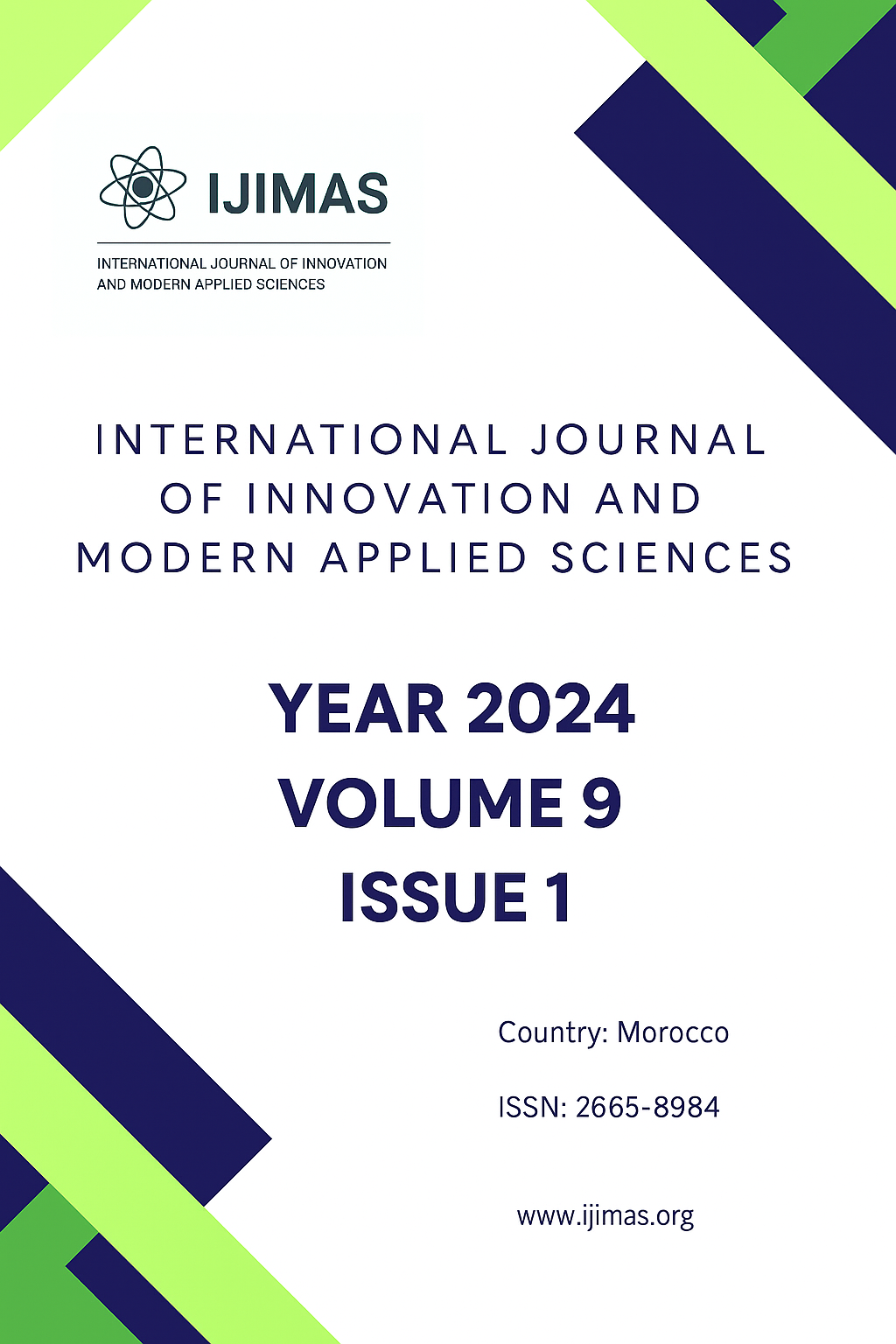Paper Open Access
Autors : Mohammed Amine Benarbi, L. Tamnine
A Review of Studies on Risk Management in Public-Private Partnerships (PPP)
ABSTRACT:
Risk management is a discipline based on an iterative and continuous process implemented by an organization to provide, share, or obtain information and engage in dialogue with stakeholders. It thus constitutes a new function in many organizations. Establishing this function within the Moroccan public sector is a crucial step, especially given the sector’s recent shift toward performance-based management. Among the forms this new management mode takes are Public-Private Partnerships (PPP). The use of PPPs in Morocco is explained by several factors: firstly, the lack of necessary funds to undertake projects with exorbitant costs; secondly, the desire to deliver high-quality economic, administrative, and social services and infrastructure; thirdly, the sharing of project-related risks with the private sector; and finally, the need to develop new governance models in public administrations based on performance. Most studies on critical success factors (CSFs) of PPP projects have revealed that ‘risk allocation and sharing’ is the unique characteristic that differentiates PPPs from other public project delivery modes (such as delegated management and concessions). This article aims to provide public sector leaders with an understanding of the importance of risk management for the success of their partnership projects with the private sector.
